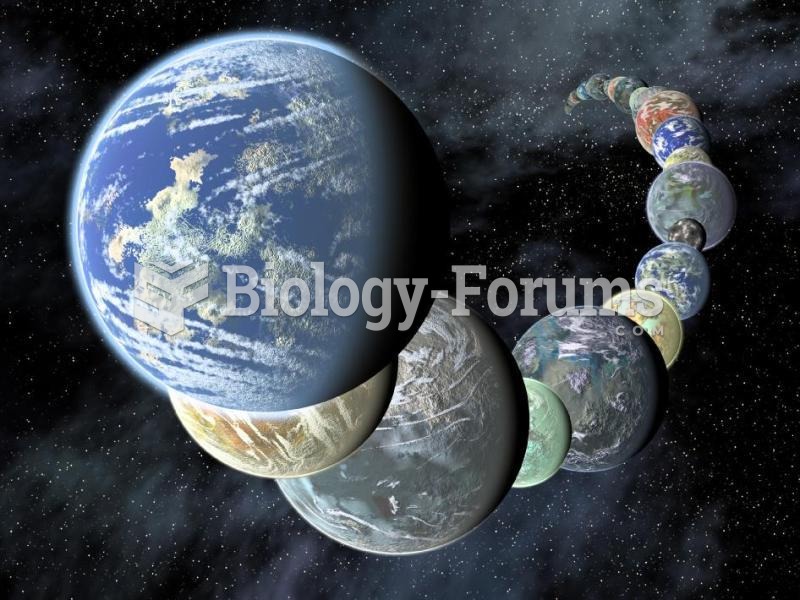Answer to Question 1
There are lots of Jovian planets around in other systems outside of our own. How they can form quickly enough, before the disks of raw material evaporate, is referred to as the Jovian problem.
Modeling results show that the rotating gas and dust of the solar nebula could have become unstable and formed Jovian planets by skipping straight to the step of gravitational collapse. That is, massive planets may have been able to form by direct collapse of gas, skipping the step of forming a dense core by condensation and accretion of solid material. Jupiters and Saturns can form in these direct collapse models in only a few hundred years. If the Jovian planets formed in this way, they could have formed long before the solar nebula disappeared, even if the nebula was eroded quickly by neighboring massive, hot stars.
Another possible answer to the Jovian problem is a revised estimate of the opacity of the solar nebula, which was probably much less opaque than the interstellar medium. That would have allowed the gravitational collapse of nebular material onto the solid proto-Jovian solid cores to proceed much faster than in earlier models. Both proposed modifications to the solar nebula theory suggest that the outer planets could have formed within the likely lifetime of the gas and dust disk around the forming Sun.
These new insights into the formation of the outer planets may also help explain a puzzle about the formation of Uranus and Neptune. Those planets are so far from the Sun that accretion could not have built them rapidly. The gas and dust of the solar nebula must have been sparse out there, and Uranus and Neptune orbit so slowly they would not have swept up material very rapidly. The conventional view has been that they grew by accretion so slowly that they never became quite massive enough to begin accelerated growth by gravitational collapse. In fact, it is hard to understand how they could have reached even their present sizes if they started growing by accretion so far from the Sun. Theoretical calculations show that Uranus and Neptune might instead have formed closer to the Sun, in the region of Jupiter and Saturn, and then could have been shifted outward by gravitational interactions with the bigger planets. In any case, explaining the formation of Uranus and Neptune is part of the Jovian problem.
Answer to Question 2
b







